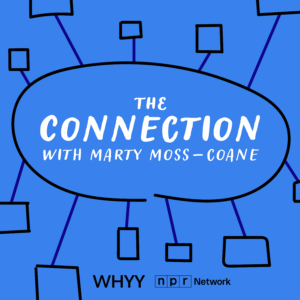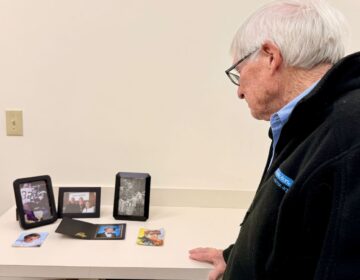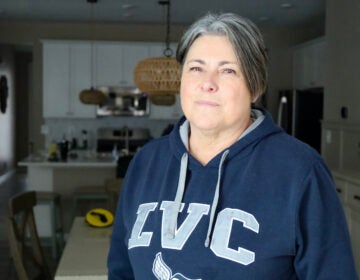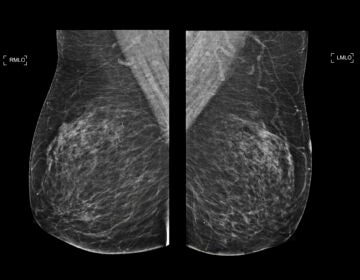Redefining how we age
As people live longer, should we rebalance work, family, and friendships? Do we need to rethink what it means to be old and the aging process?
Listen 51:00
In 1900, the average person could expect to live until their 47th birthday. By 2000, life expectancy was 77 years, an extraordinary gain of 30 years over the course of a century! Using those same metrics, many children today will live to be 100.
So now that more people are living longer, is it time to rethink the aging process? What do we do with those extra years, how do we rebalance work, education and family life and create quality out of quantity?
There are challenges that come with getting older, most notably loss and there are opportunities for growth. There are also baked-in prejudices about old people and there’s a premium, especially in America, on looking young. We’ll talk about all that with our guests psychologist Laura Carstensen, founding director of the Stanford Center on Longevity and physician Lisa Walke, Chief of Geriatric Medicine at the University of Pennsylvania Perelman School of Medicine.
WHYY is your source for fact-based, in-depth journalism and information. As a nonprofit organization, we rely on financial support from readers like you. Please give today.






